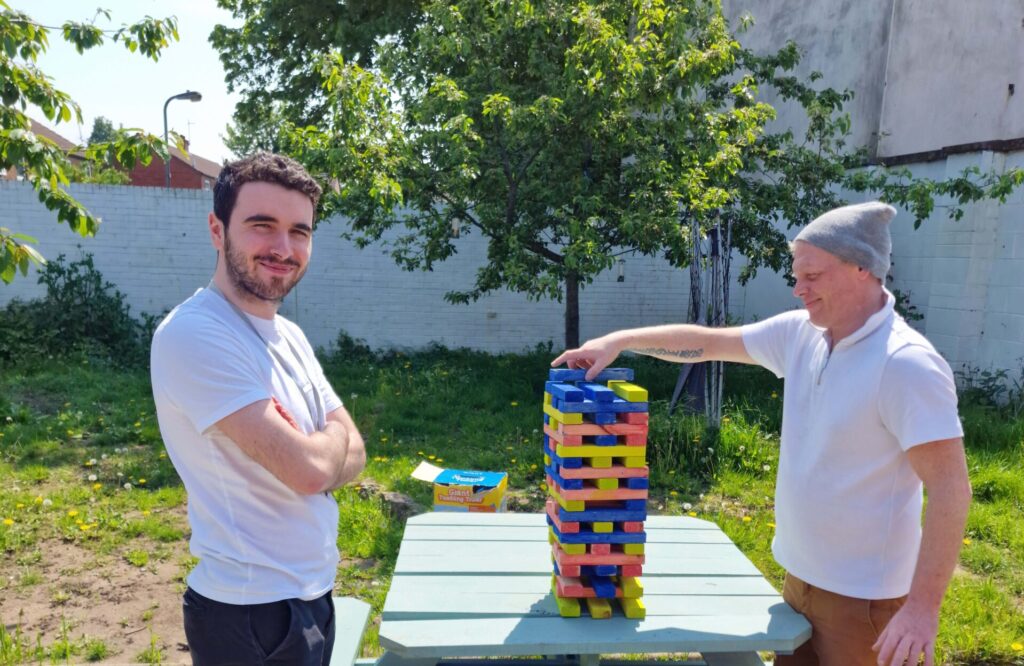
At The Wallich, we strive to create psychologically informed environments (or PIEs) for our service users to successfully engage with services – taking into account their history and experiences prior to engaging with us.
We recognise that people experiencing homelessness disproportionately tend to have had adverse childhood experiences (ACEs) or trauma.
Unresolved trauma will shape someone’s view of the world.
Their behaviour, which is often a trauma reaction, is usually labelled as complex or multiple needs.
Compared to the general population, people with one or more ACEs are more likely to:
However, just because someone has experienced trauma in their past, they should not be defined by this, but it should be considered by services, and taken into account when offering support.
Healthy relationships are key to recovery from trauma
We look to do all we can to make relationship building central to our PIEs.
We remove any physical or psychological barriers which might prevent someone from accepting help and make the most of the support on offer.
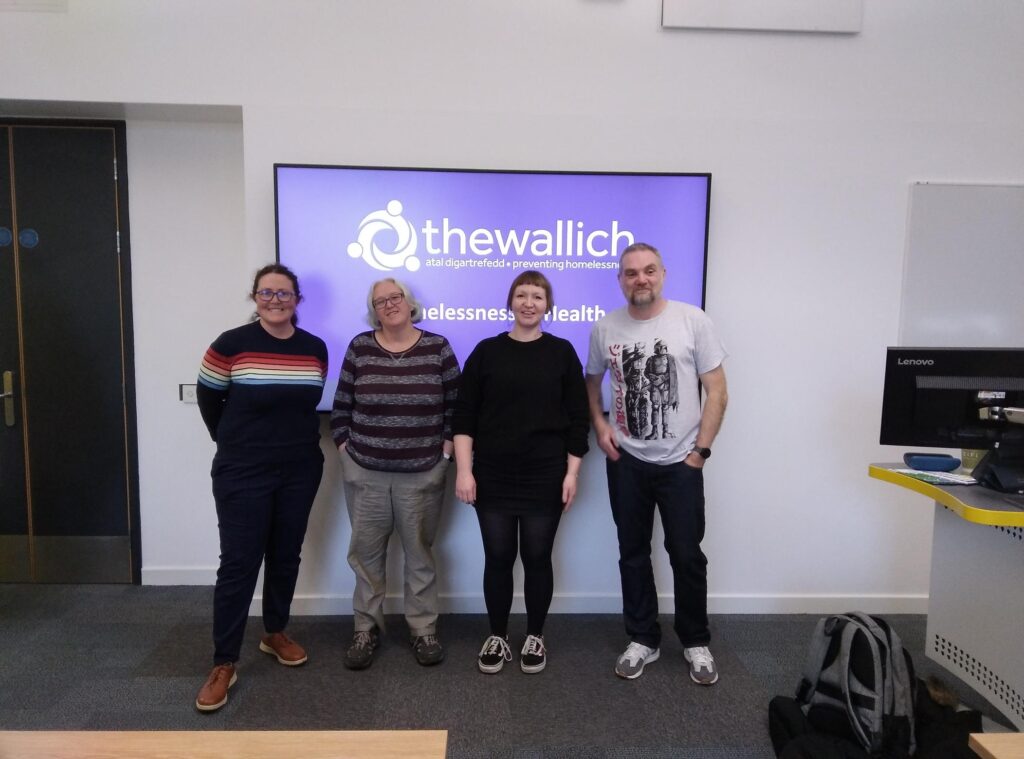
PIE can seem difficult and complicated to understand, but at The Wallich we believe it is actually quite simple:
Following a PIE approach means living our values and putting relationships at the heart of everything we do, having some understanding to guide our work and remembering to reflect and learn from our experiences.
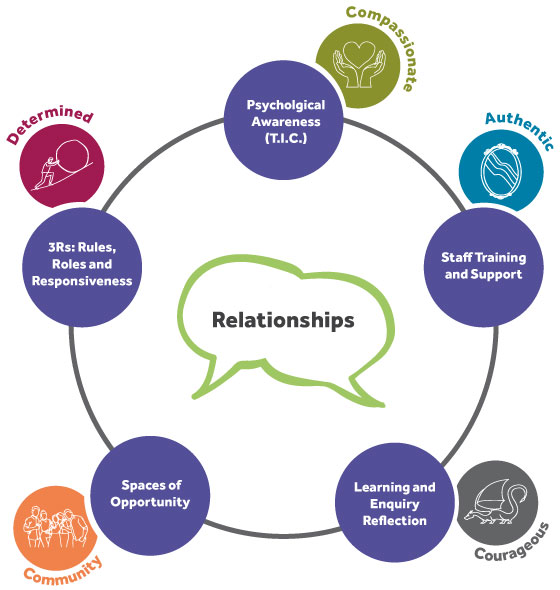
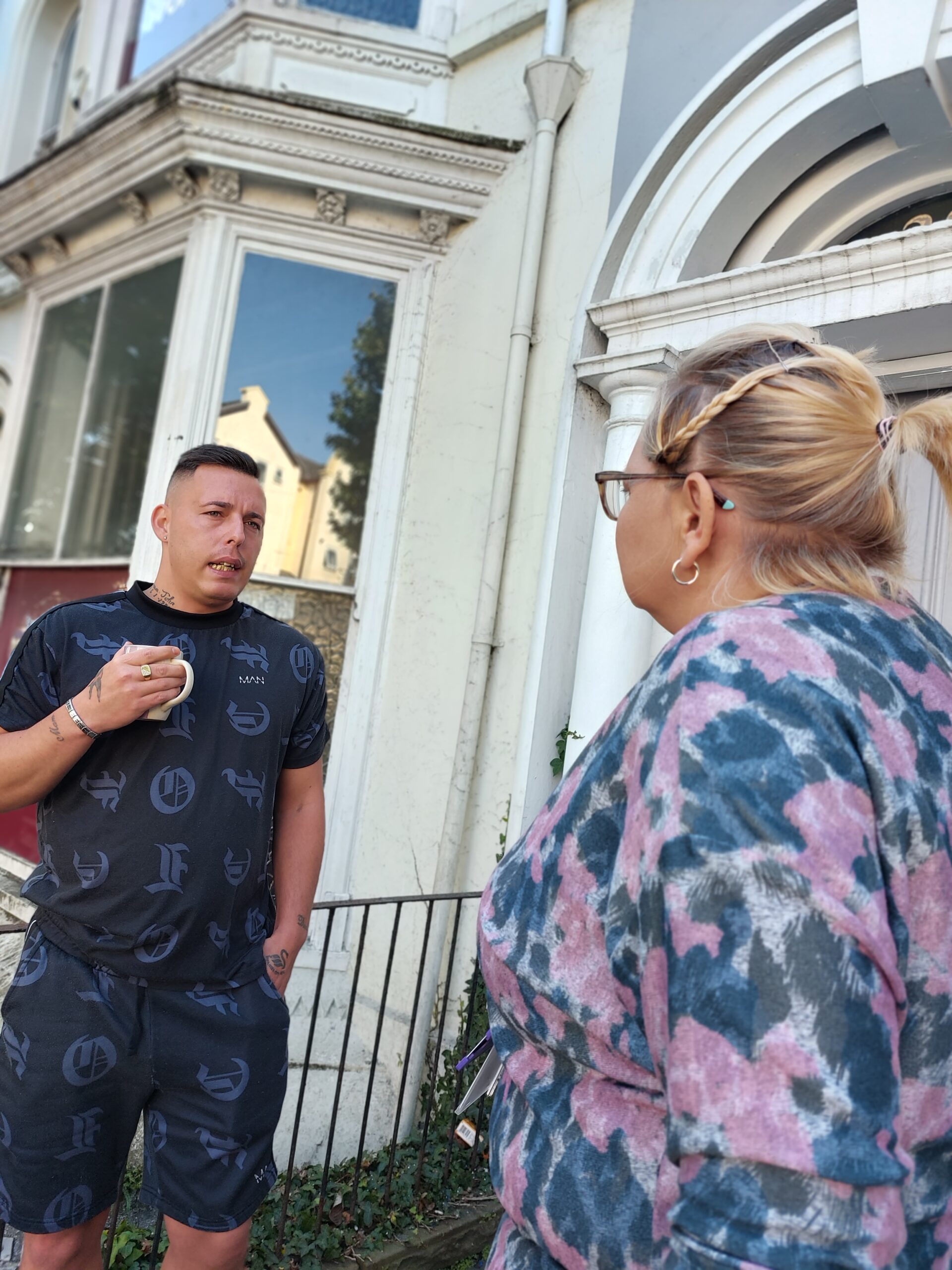
We are compassionate, at all times, always.
Building and maintaining healthy relationships is the key to our work.
This area means using an awareness of psychological theories or approaches to help us understand the people we work with, and ourselves.
At The Wallich, our understanding of trauma and the trauma-informed principles are the foundation of our PIEs.
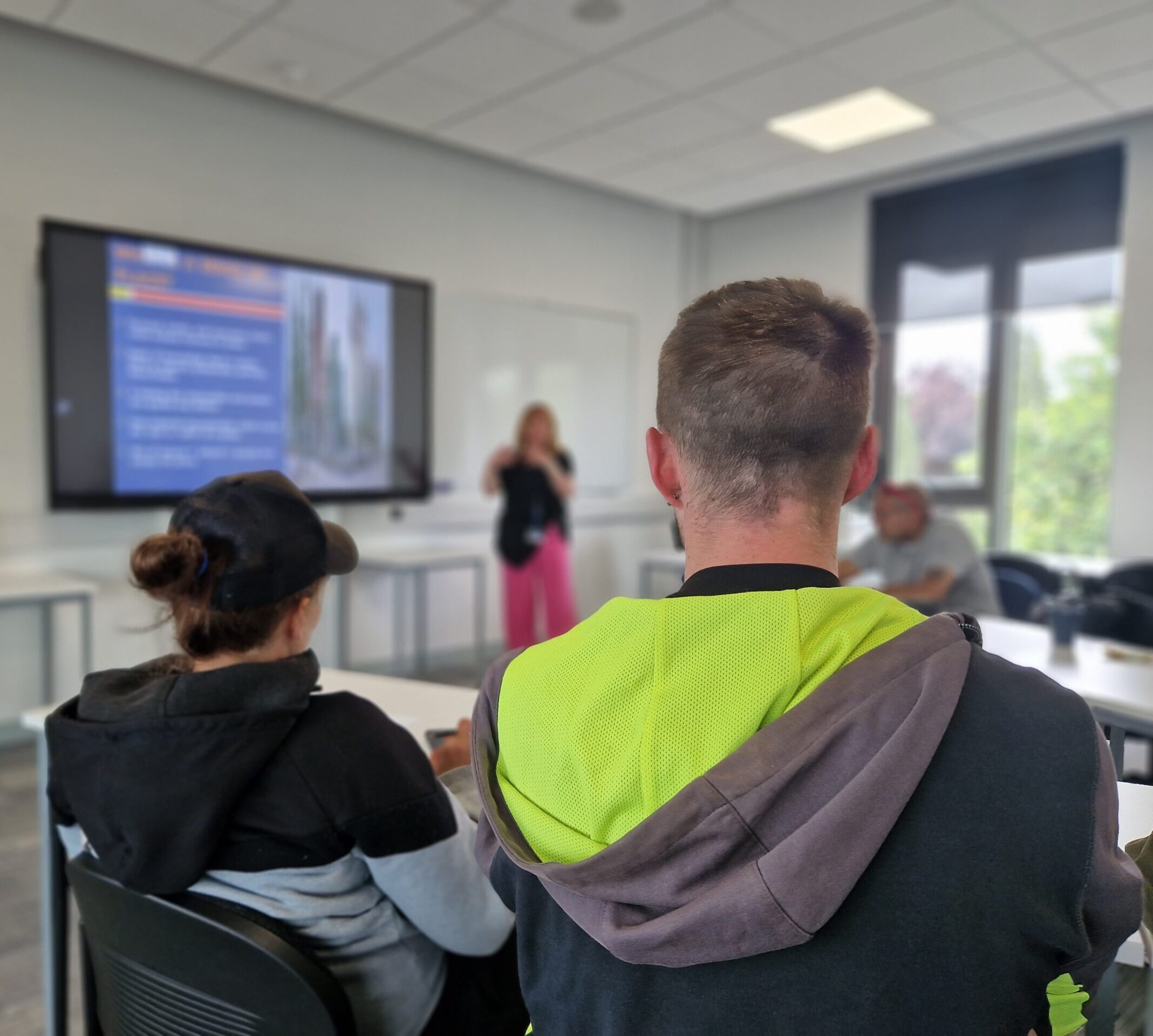
We are authentic. We understand well trained and resilient staff are crucial to a PIEs success, so staff wellbeing and supportive, reflective relationships are key.
This area means that when things are difficult or go well, we will be there to support, debrief, and celebrate. Our varied training continues to grow to meet the needs of our staff.
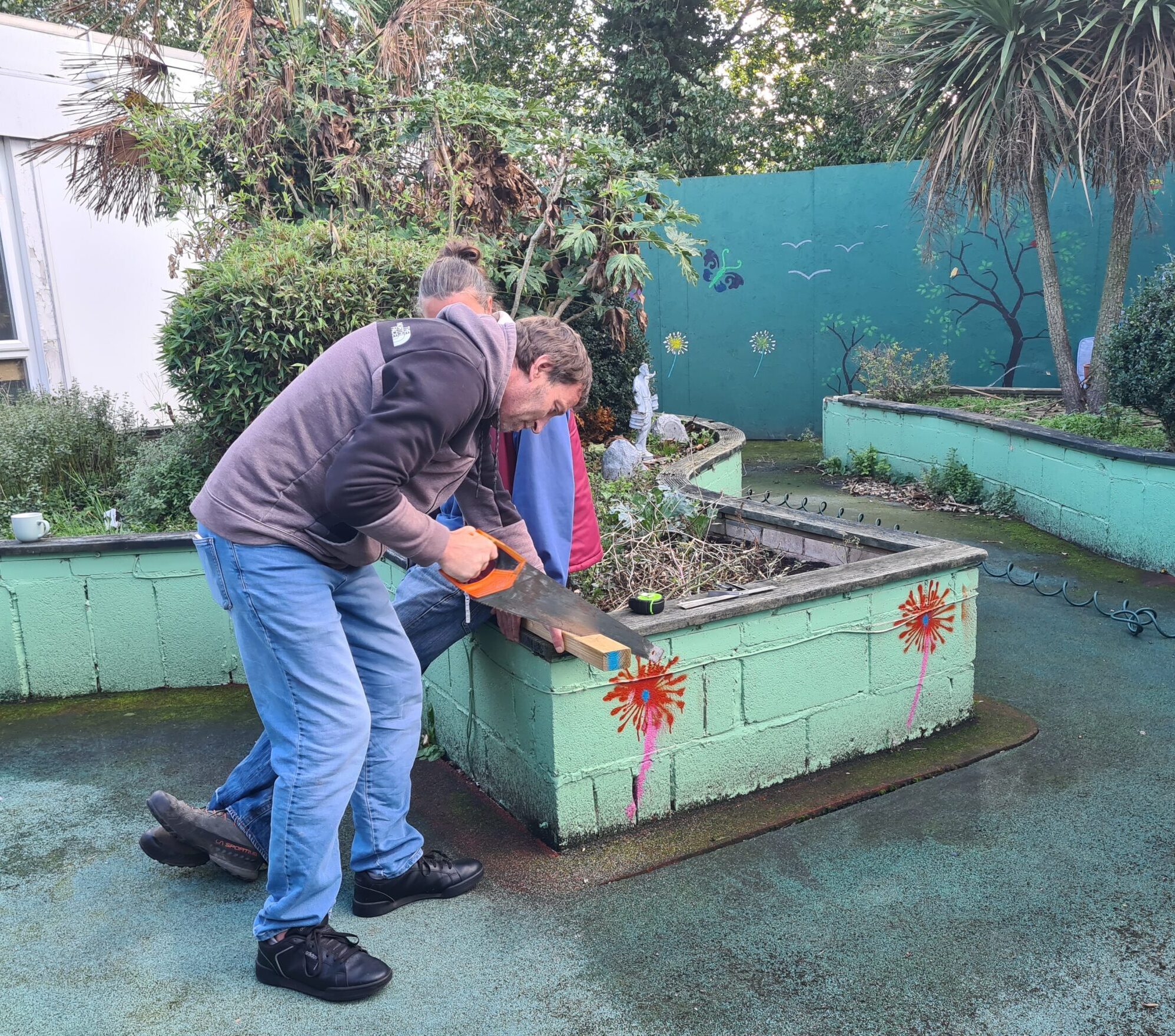
We are community. This area means thinking about all the places and spaces engagement happens and making them accessible, welcoming, respectful, and safe for everyone.
As well as our buildings and offices, this includes external spaces and places, the wider networks and systems our community must engage with and importantly, to highlight and address where these are challenging.
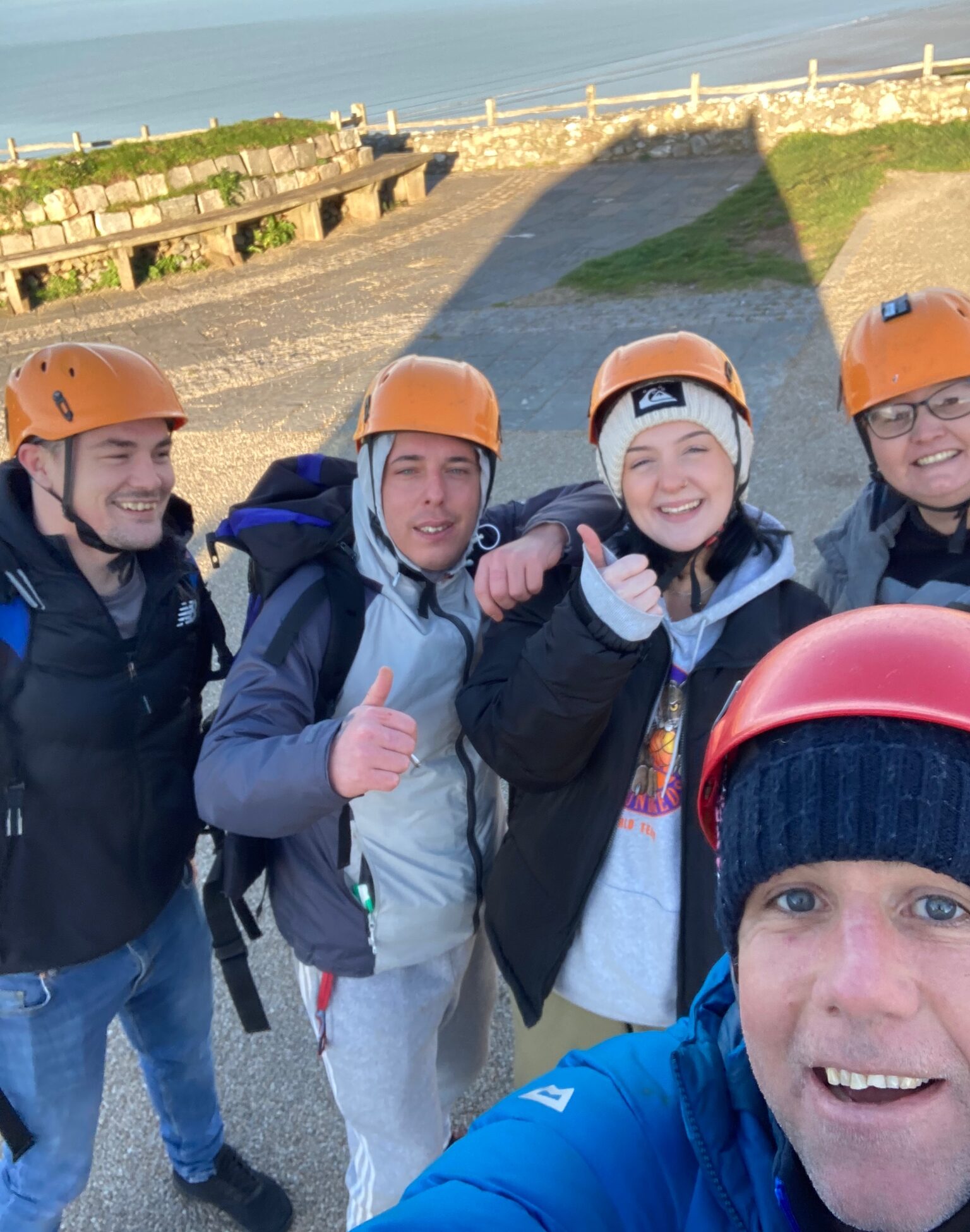
We are courageous.
This area means we always try to use reflection to keep learning, to be honest about what is working and what isn’t, and to put that learning into practice, so we and our services continue to evolve.
This also means sharing our learning with others.
We are determined.
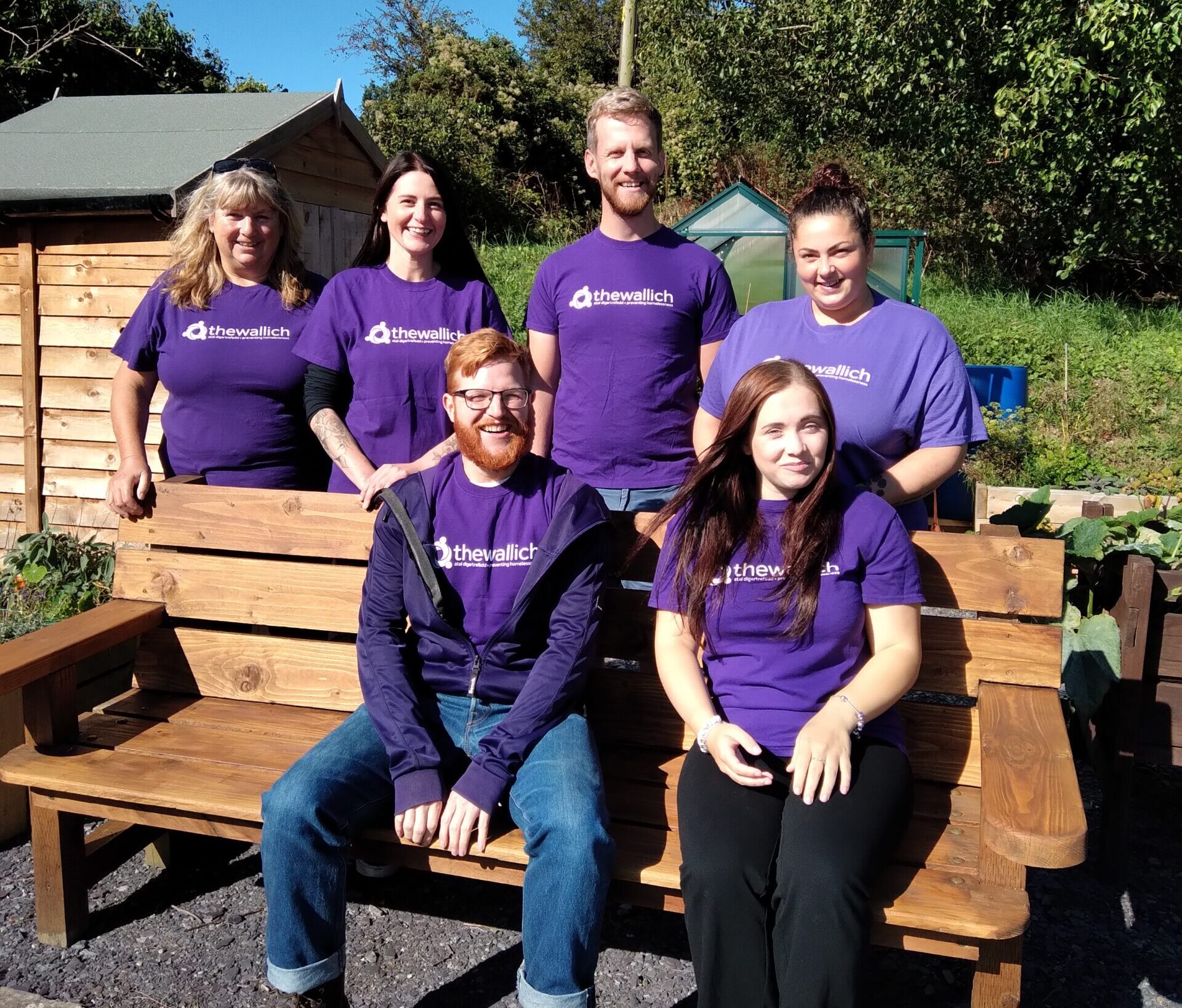
This area means we put PIE into practice in our practical, day-to-day work.
Our rules and operating procedures should be trauma-informed, clear, consistent, and positive in intent. Service users are valued and should have as many opportunities to be involved in things as we can provide.
We are responsive to individuals and tailor experiences to suit their needs, whilst also being responsive to the needs of staff and services.
The Welsh Government guidelines for the Housing Support Grant (HSG) advise that:
“Services should be commissioned and delivered using a psychologically informed approach that recognises and responds appropriately to the impact of trauma.”
At The Wallich, we consider ourselves to be leaders in this field and will continue to develop our services and share good practice.
If you would like to know more about how we ‘PIE’ our projects, please contact our PIE Operational Development Manager, Anthony Vaughan.